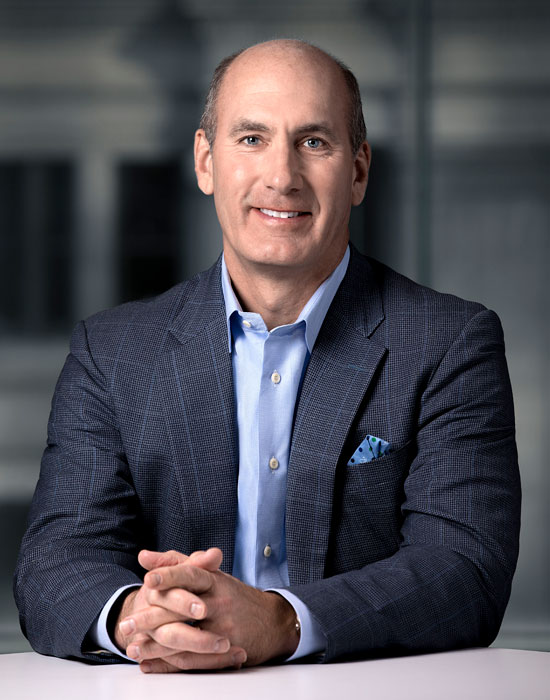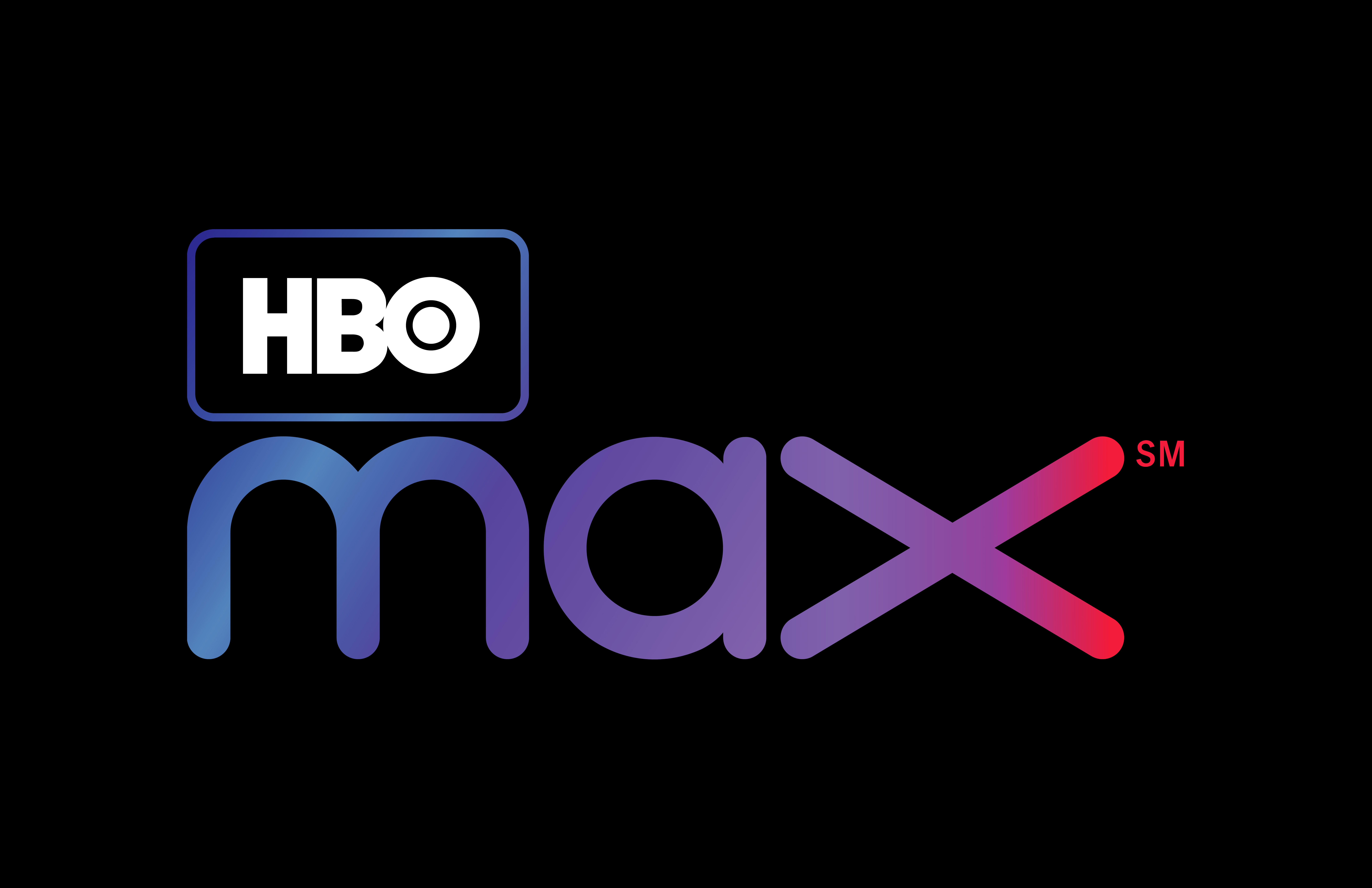AT&T’s Stankey Defends $15 Price for HBO Max

The smarter way to stay on top of broadcasting and cable industry. Sign up below
You are now subscribed
Your newsletter sign-up was successful
AT&T COO John Stankey defended the $15 price tag the company plans to charge for its upcoming streaming service HBO Max.

At the UBS media investors conference on Thursday, analyst John Hodulik asked Stankey if he thought the price, which is higher than other streaming services, might limit its growth.
“No I don’t,” said Stankey, a last minute fill-in for AT&T CEO Randall Stephenson, who is apparently ill. He compared HBO Max to the Walt Disney Co.’s Disney+, which gained 10 million subscribers the first day it was available at a price of $6.99.
“Disney was kind of like about half the content of what we have at half the price and we’re twice the content of what we currently have [on HBO] at the same price,” he said.
Stankey said reaction to HBO Max’s pricing was all over, with some saying it was too high, some saying too low and some saying just right.

“That tells me we probably found a good place to start,” he said. “Our approach to this is to give a compelling value to the 33 million customers that are currently HBO subscribers and it’s a compelling value proposition. 33 million people are already paying $15 a month or thereabouts. They’re going to get twice the content for the same price and it should be something that they look at and say ‘Wow. This is great. It doesn’t happen very often in my life where somebody gives me quite a bit more without having to pay more.’”
Stankey also said that HBO Max would have more of an appeal to all members of a household, where as Disney+ appears to be aimed mainly at the younger members of the family.
The smarter way to stay on top of broadcasting and cable industry. Sign up below
“Disney+, it's a good product. They've done a nice job. It has a particular appeal,” he said. “The strongest appeal of Disney+ is to the youth of the family. It's strength as a product to satisfy the other members of the family, it's not that deep. There's some stuff that's interesting to adults in the offer and there's some stuff that's probably interesting to your 20-something and thirty-something year-old members of your family. But it's not all that deep in that regard,”
Max is a product that appeals to the entire family and the family wireless plan, he said. “It's something that everybody looks at and says that has something in it for me. The parent, who is the decision maker on the macro end of the family plan says that has something for me. I see myself in that offering."
Stankey noted that AT&T will have largely completed the national rollout of its 5G network by the middle of next year, when HBO Max launches and that the combination of the network with HBO Max content will create a powerful product that will support customer loyalty and reduce churn.
And unlike Verizon, which is offering some subscribers Disney+ free, and T-Mobile, which is giving subscriber Netflix, AT&T owns HBO Max, which means it makes money on both sides,
“It opens up an opportunity for us to explain to them why getting entertainment with their wireless service makes sense for them,” Stankey said. and with entertainment driving them into those higher unlimited plans that drive ARPU accretion and value back to the customer by getting their entertainment bundle associated with that connectivity service, which ultimately helps our churn over time.”
Stankey said that AT&T is in the middle of discussions about having traditional distributors of HBO carry HBO Max.
Those conversations are “going like they always go,” he said. “You could probably write a book about the unique character of any carriage agreement negotiations right?. They follow a particular construct in a pattern and it's a repeatable pattern and it's one of those things where there's an inordinate amount of time spent by the sides of the front end posturing and then as a deadline approaches, there's a lot of work it's done in a very short period of time right before the deadline, I don't expect that these discussions are going to be a whole lot different given that pattern that occurs.”
Stankey said he’s not been surprised by the positions being taken by distributors. Nor does he think the distributors have been surprised by AT&T position.
I think what's important to understand is at the end of the day, is this something that a distributor would want to participate in? And I think the answer to that is yes,” Stankey said.
He said he thinks that distributors would want to continue receiving monthly revenue from a product they and their subscribers are familiar with.
And in some ways, HBO Max might be better for distributors. “We're providing an opportunity to not only get access to the content, but to take the data and the information that we glean and bring that back to them through Xandr so that they can use that information and insight the customers that we know to help their advertising businesses,” he said.
He added that providing HBO Max would help distributors keep customers in the pay-TV ecosystem more than providing Netflix does.
“I think at the end of the day gets down to money and economics and if there will be a meaningful reason why they want to participate with us,” he said.
Jon has been business editor of Broadcasting+Cable since 2010. He focuses on revenue-generating activities, including advertising and distribution, as well as executive intrigue and merger and acquisition activity. Just about any story is fair game, if a dollar sign can make its way into the article. Before B+C, Jon covered the industry for TVWeek, Cable World, Electronic Media, Advertising Age and The New York Post. A native New Yorker, Jon is hiding in plain sight in the suburbs of Chicago.

